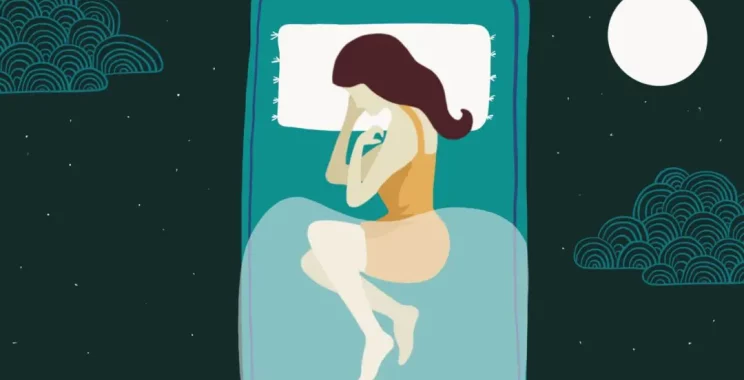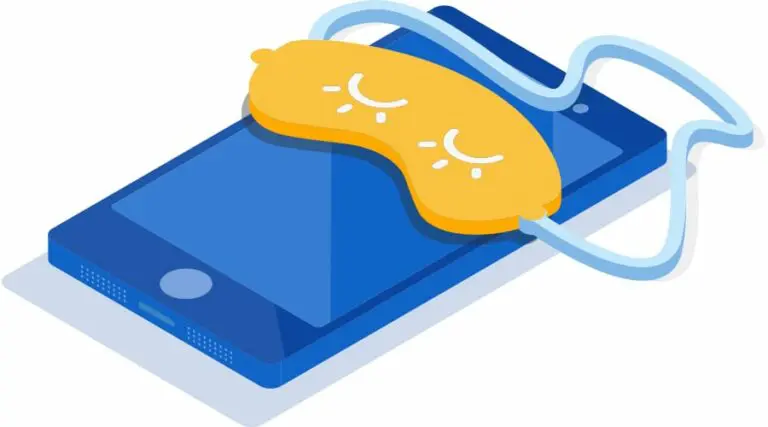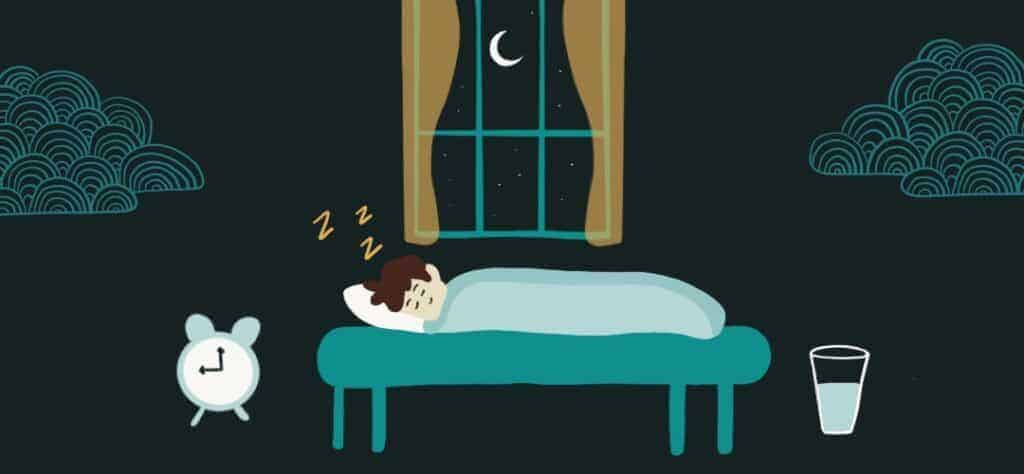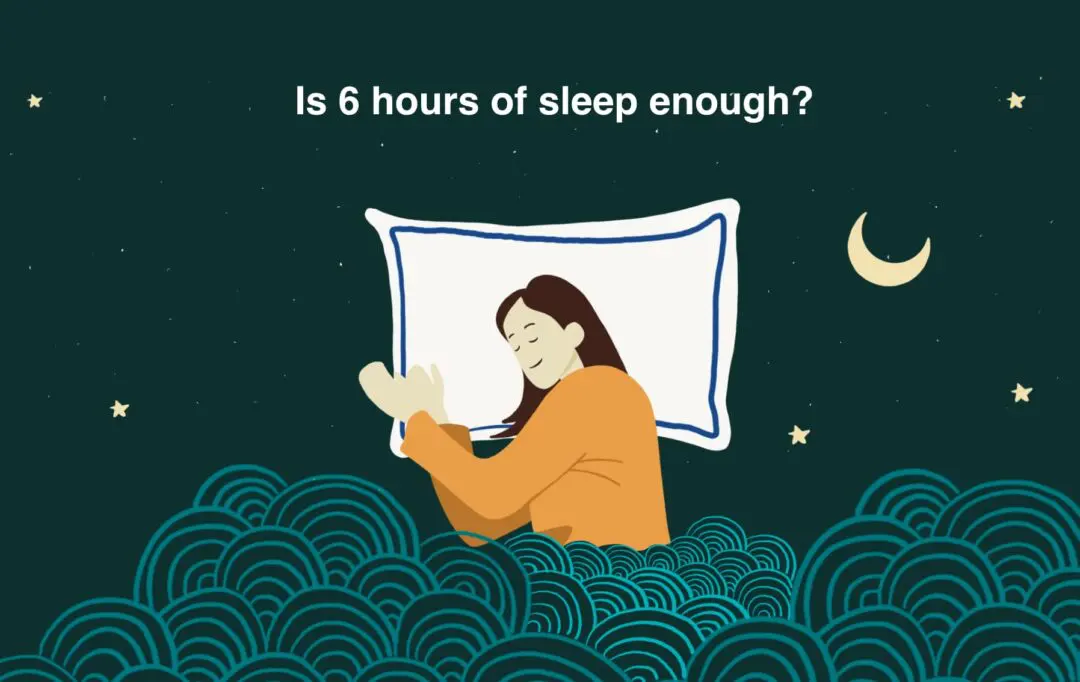Why Is Sleep Important?: 10 Reasons Explained
Share
Fact checked
Reviewed by experts
Updated
December 13, 2022
Quick read
5 mins to read
List of Content
Sleeping plays a significant role in our lives. Not only does it make us feel refreshed and alert, but it also helps us recharge our mind and body. To have a safe distance from diseases, good sleep is essential. Without enough sleep, our body cannot function properly.
Modern-day lifestyle has ruined our sleeping habits. Late-night movies, social media, work, and study pressure takes away our hours of sweet sleep. Inadequate sleep for an extended period can ruin your health.
This article will cover facts about and benefits of sleep. We will answer questions like why we sleep, what is sleep, why do we sleep, why sleep is essential, why it is important to get enough sleep each night, and why sleep is important for health.
The Science of Sleep
The science behind sleep is simple. There is an internal body clock, which controls the time of feeling sleepy or refreshed. This 24-hour cycle is known as the circadian rhythm. After waking up in the morning, you feel energized. As time passes, you feel more tired, and sleepiness reaches its apex in the evening.
This sleep drive can be related to an organic product present in our body called Adenosine. When we sleep, this compound breaks down. Adenosine level increases throughout the day, and our body becomes tired.
Lights affect circadian rhythm. Our brain has a part known as the hypothalamus. A cluster of the hypothalamus is called the suprachiasmatic nucleus—this cluster process signals when our eyes are exposed to any kind of light. The signs help us determine the time of the day.
As our surroundings get darker in the evening, our body starts producing melatonin. It is a hormone that makes us feel sleepy. In the morning, our body produces cortisol, a hormone that makes us alert and energized.
Stages of Sleep
Stage 1: NREM (Non-Rapid Eye Movement)
Stage 1 is a period of light sleep. In this stage, the body is moving from wakefulness to sleep. The heartbeats and brain waves slow down.
Stage 2: NREM (Non-Rapid Eye Movement)
In this longest stage of sleep, our body moves into a deeper sleep. Heart rate and brain waves continue to slow down, muscles become relaxed, eye movements stop, and body temperature decreases.
Stage 3: NREM (Non-Rapid Eye Movement)
This stage helps you feel relaxed and refreshed after you wake up. Brain waves, heartbeat reach their lowest. Muscles will become more flexible.
Stage 4: REM (Rapid Eye Movement)
After 90 minutes of sleeping, our body gets into the last stage of sleep. As the name suggests, our eyes move rapidly. Brain waves and heart rate come back to normal. Limbs become paralyzed, so we don’t act out on our dreams. The unique feature of this stage is dreaming.
Why is REM sleep important? According to several studies, REM sleep helps in memory consolidation. As we age, the duration of REM sleep decreases, and we get more NREM sleep.
Throughout the night, these four stages of sleep will repeat until you wake up.
Why Is It Important to Get Enough Sleep Each Night?
Everyone embarks on the importance of sleep, but why is sleep so important?
1. Improved Concentration and Productivity
According to the studies conducted, sleep deprivation can affect:
- Concentration
- Productivity
- Memory
- Cognition
Sleep plays a vital role in learning and memorizing. Without enough sleep, our brain processes information slowly. This situation can lead to accidents and severe injury.
Why is sleep important for kids? According to a 2006 study, sleep deprivation can affect children’s academic performance and behavior.
2. Calorie Regulation
People who sleep less tend to have more enormous appetites. Poor sleep can disrupt the hormone which regulates appetite.
People who have a sound sleep consume sufficient calories. Poor sleep can result in a higher level of ghrelin, a hormone that encourages appetite. On the other hand, it reduces leptin, a hormone that reduces appetite.
3. Better Athletic Performance
According to a study on basketball players, longer sleep was associated with improved speed, accuracy, and reactions.
Poor sleep resulted in bad exercise performance and other limitations in older women.
According to another study conducted on 2800 women, poor sleep leads to lower grip strength, slow walking, and difficulty performing activities.
4. Risk of Heart Disease
Sleep duration and quality can drive chronic diseases like heart disease. According to the review of 15 studies, sleep-deprived people have a higher chance of getting a heart stroke than those who sleep more than 7 hours daily.
5. Risk of Diabetes
A study was conducted on healthy young men who were made to sleep for 4 hours for six nights. Symptoms of prediabetes were noted in these young men. Poor sleeping habits were linked to adverse effects on blood sugar and a high risk of diabetes.
6. Link to Depression
Mental disorders like depression are both a cause and result of poor sleep. Around 90% of people with depression have sleeping problems. People with poor sleep are more prone to death by suicide.
7. Social and Emotional Intelligence
Sleep has a connection with social and emotional intelligence. It reduces your ability to interact with people. People with poor sleep find it challenging to organize the emotions of other people.
A study concluded that sleep-deprived people have a reduced ability to recognize expressions like anger, happiness, and sadness.
8. Weight Control
Insufficient sleep can lead to weight gain. In a review study, children and adults with poor sleep were 89% to 55% more prone to obesity. If you want to lose weight, you need sleep for 7 to 8 hours.
9. Lower Inflammation
Insufficient sleep is linked to higher inflammation of the digestive tract due to disorders like inflammatory bowel disease. Sleep-deprived patients of Crohn’s disease were more likely to relapse than people who sleep well.
10. Stronger Immunity
Poor sleep can make your immune system weak. Sleep-deprived people are thrice more likely to get cold than people who sleep for more than 7 hours.
Sleeping well can make your immunity more robust and keep you safe from illnesses like the common cold.
How Much Sleep Do We Need?
The amount of sleep you should get is related to your age.
Conclusion
Sleep is crucial for our well-being. However, for multiple reasons, we neglect its importance. Now that you know how important sleep is. It’s time to get into the soft sheets, dim the lights, and have a good sleep.
FAQs
The longest time recorded without sleeping is 11 consecutive days. A person begins to show symptoms of hallucination after 3 or 4 days. The answer to how long a person can go without sleep is not clear yet.
The amount of sleep one person needs depends on their age. It is recommended to sleep for 7 to 9 hours. Six hours of sleep is alright, but less than 6 hours is not recommended. If possible, try to sleep for 7 to 9 hours.
Here are ways to fix your sleep schedule.
- Sleep and wake up at the same time daily.
- Avoid caffeine and alcohol after 4 PM.
- Limit the use of a screen before bedtime.
- Avoid naps.
- Exercise regularly.
- Eat light and early.
- Dim the lights.
When we sleep, our brain waves slow down and begin to get average in the REM stage. Your brain’s waste clearance system gets rid of toxic byproducts built throughout the day. This process helps your brain work well when you wake up.
For proper functioning of the brain, it is essential to sleep well. A necessary function of sleep is to give a rest to our brain. An interesting fact about sleep is that insufficient sleep can make it difficult to concentrate and memorize. Adults should sleep for 7 to 9 hours.
Sleep is essential, especially for teens. During the teenage years, the body goes through a lot of growth and development quickly. Sleeping 8 to 10 hours can improve their growth, academic performance, and communication skills.
This website does not offer medical advice nor professional medical services; rather, it is provided solely for educational, informational, and/or entertainment purposes. Individuals seeking medical advice should consult a licensed physician. The information provided should not be used for diagnosis or treatment of any condition, disease, or injury. When you have a medical condition, you should always talk to licensed doctor or other certified medical professional. You should never delay seeking professional medical advice or treatment based on the contents of this website. Call 911 or immediately go to the nearest emergency room if you think you may have a medical emergency. The contents of this website are provided “as-is”, Sleep Authority and its parent, subsidiaries, affiliates, employees, contributors disclaim any warranty of the information contained herein. Please contact using contact form to report any errors, omissions, misinformation, or abuse.
Sleep Authority is brought to you by Resident, the company that brings you Nectar, DreamCloud, Awara, Wovenly, Bundle, Home Well Designed and Level Sleep.








